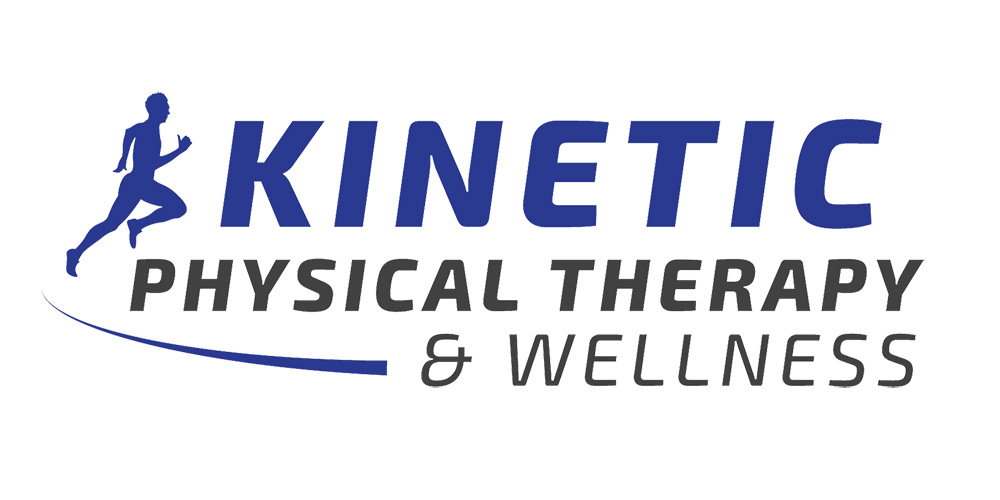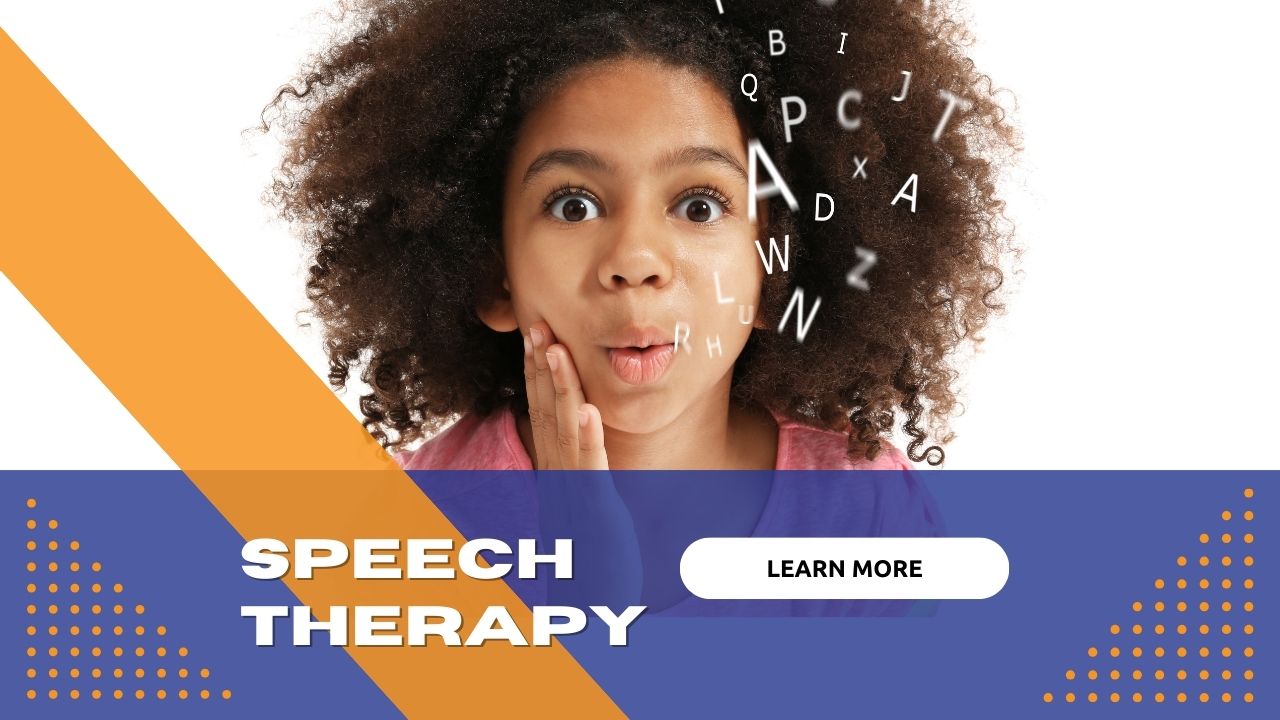Pediatric Traumatic Brain Injury
What is Pediatric Traumatic Brain Injury?
(Ages/ from birth to 21).
Definition: a form of non-degenerative acquired brain injury resulting from a bump, blow, or jolt to the head (or body) or a penetrating head injury that disrupts normal brain function (Centers for Disease Control and Prevention [CDC], 2015).
Causes: There are several causes for TBIs. Some examples include falls, car accidents, being struck by something, an assault/trauma (i.e. shaken baby syndrome, physical abuse).
There are varying severities of TBI. The Glasgow Coma Scale (GCS) is the scale that is typically used to determine the severity of a TBI. Severities from the GCS are listed below.
- Mild TBI (mTBI) — loss of consciousness for less than 30 minutes, an initial Glasgow Coma Scale (GCS) or Pediatric GCS of 13–15 after 30 minutes of injury onset, and PTA for not greater than 24 hours (CDC, 2015; McCrory et al., 2013; Ontario Neuro-trauma Foundation, 2013).
- Uncomplicated — mTBI where there are no overt neuroimaging findings.
- Complicated — mTBI where there are intracranial abnormalities (e.g., bruising or a collection of blood in the brain) seen on CT scan or MRI.
- Moderate TBI — loss of consciousness and/or PTA for 1–24 hours and a GCS of 9–12 (CDC, 2015).
- Severe TBI — loss of consciousness for more than 24 hours and PTA for more than 7 days with a GCS of 3–8 (CDC, 2015).
Diagnosis: TBIs are diagnosed by a physician. They typically look at the mechanism of injury (how the injury occurred), brain damage identified by imaging, and scoring tests such as the Ranchos Los Amigos score and the Glasgow Coma Scale mentioned above.
Deficits Associated with Pediatric Traumatic Brain Injury
- Cognition: difficulties with attending to tasks for more than a short period, reduced attention span, problems with decision making and problem-solving, organization, short term memory
- Language: social communication (i.e. turn-taking during conversations, using non-verbal communication such as appropriate facial expressions), expressive language (having difficulty finding the word they want to say), difficulty following directions, difficulty comprehending written and spoken language
- Speech: may have apraxia (Difficulty motor planning speech movements), hyper nasality (Too much sound coming from child’s nose, making them sound ‘Nasally’)
- Voice: abnormal pitch, aphonia (no voice), different sounding voice quality ( Maybe hoarse/harsh or breathy)
- Feeding/swallowing: may be at risk for aspiration (food entering lungs) secondary to cognitive deficits and/or prolonged intubation (use of a breathing tube following injury)
Treatment for Pediatric Traumatic Brain Injury
After the speech-language pathologist has conducted a full evaluation of each of the areas listed above, they will determine the most appropriate treatment plan for the patient, as each patient is unique. It is also very important that the patient’s family/caregiver (s) be actively involved in the patient’s treatment plan, particularly pediatric patients, as they will be given strategies to use at home to assist the patient with daily living.
Although adults and/or older children may have compromised communication skills in certain areas as a result of their brain injury, they had most likely already developed communication skills prior to their injury. Infants and toddlers; however, may lack the communication or developmental skills to overtly report the signs and symptoms of TBI noted above. Therapists and families need to be aware of the following signs that may be initially observed after TBI for this age group:
- Changes in the ability to pay attention
- Changes in eating or nursing habits
- Changes in play (e.g., loss of interest in favorite toys/activities)
- Changes in sleeping habits
- Irritability, persistent crying, and inability to be consoled
- Lethargy
- Loss of acquired language
- Loss of new skills, such as toilet training
- Sensitivity to light and/or noise
- Unsteady walking, loss of balance
How can a Speech-Language Pathologist Help with Pediatric Traumatic Brain Injury?
Although speech-language pathologists cannot diagnose TBIs, they can and do play a key role in the treatment of cognitive deficits, speech and language deficits, voice, as well as feeding/swallowing difficulties that often result from TBIs.
Resources:
https://www.asha.org/Practice-Portal/Clinical-Topics/Pediatric-Traumatic-Brain-Injury



